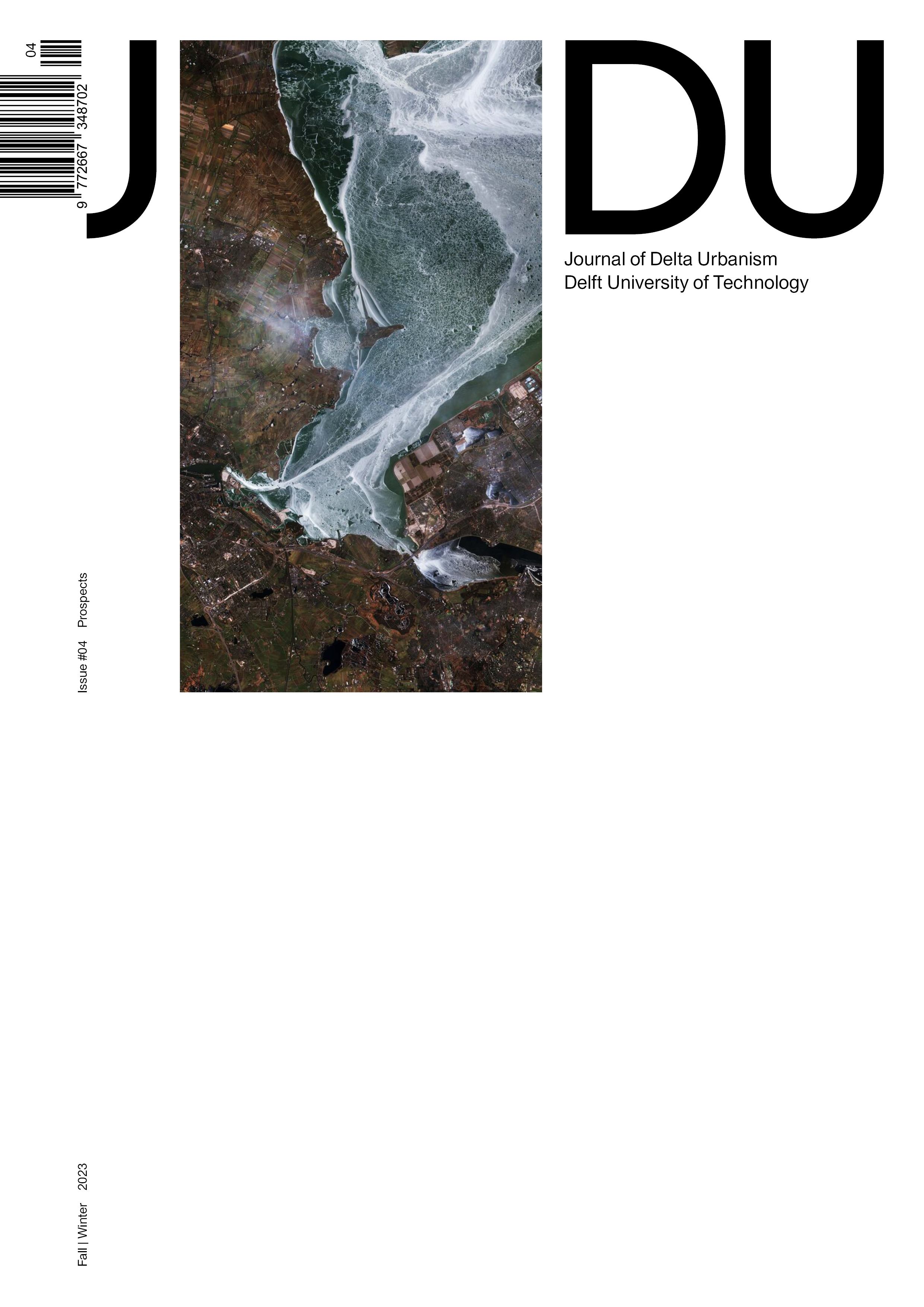Abstract
The latest IPCC report which is named ‘The Synthesis Report , Climate Change 2023’ was released on 20 March 2023 to inform the 2023 Global Stocktake under the United Nations Framework Convention on Climate Change. The report finds that ‘there is more than 50% chance that global temperature rise will reach or surpass 1.5 degrees Celsius between 2021 and 2040 across studied scenarios, and under a high-emissions pathway, specifically, the world may hit this threshold even sooner, between 2018 and 2037.’ These findings again emphasise the growing pressures and challenges that deltas are confronting in their path towards future development. It is evident that the global imperative for deltas to adapt has reached an unprecedented level, but at the same time the question arises if adaptation is enough. Especially considering the scope of societal challenges that need to be the point of departure for sustainable spatial transformation in general. Aren't they of such a fundamental nature that we need to reconsider our urban system as a whole and aim for transformation instead of adaptation?
Looking more closely to the societal challenges we can organise them according to their environmental and socio-economic drivers. The environmental drivers are the climate crisis and the biodiversity crisis. The socio-economic drivers are ongoing urbanisation, the energy transition, and the new economy.

This work is licensed under a Creative Commons Attribution 4.0 International License.

